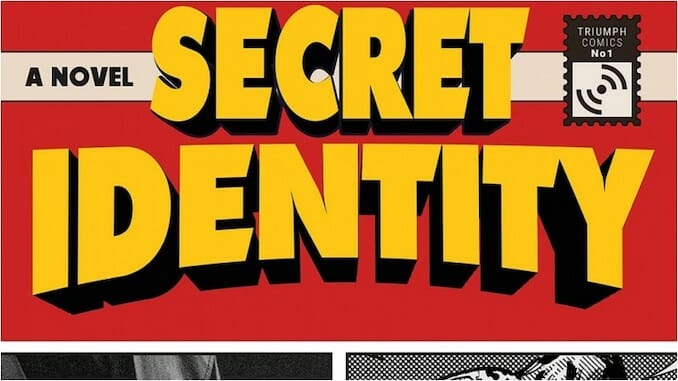Secret Identity: A Noir Mystery About the Uncredited Heroes of Comics History

Secret Identity, the latest novel from Alex Segura, comic book writer (The Black Ghostt and Oni Press SVP of Sales and Marketing, must juggle multiple personas as both a period piece about a crucial turning point in comics history and a murder mystery. While the latter genre layer is more in service to the former, with the killing of a comics editor spurring his ghostwriting partner into investigating the darker corners of their shared world, the combination makes for a diverting read about how many chances these real-life heroes and villains get at comics immortality.
Growing up in Miami, Carmen Valdez learned English from comics, even if she didn’t see herself reflected in the pages. At 28, she’s achieved her dream of moving to New York City and working in the industry that created some of her most treasured childhood memories… even if she still doesn’t see people like her among the writers, artists, and editors who pass through Triumph Comics’ offices. In the thankless role of assistant (but really more secretary) to Triumph’s sexist editor-in-chief Jeffrey Carlyle, Carmen occupies the tricky space of “no longer a fan, but barely a professional”—achingly familiar for anyone who has taken a job out of genuine love for the art and thus been exploited for that emotional investment.
Add the fact that it’s 1975, and comics seem to be on a slow slide to obscurity. After all, who would want to keep picking up monthly escapist superhero stories when the world is ending? Even the bigwigs at Marvel and DC are worried about no one remembering their iconic characters a generation later, which means that lower-tier operations like Triumph are just limping along, having second-string or has-been talent turn out derivative superheroes until the lights get turned out. Someone like Carmen doesn’t stand a chance of writing something that will actually matter… at least, not as herself.
-

-

-

-

-

-

-

-

-

-

-

-

-

-

-

-

-

-

-

-

-

-

-

-

-

-

-

-

-

-

-

-

-

-

-

-

-

-

-

-








































